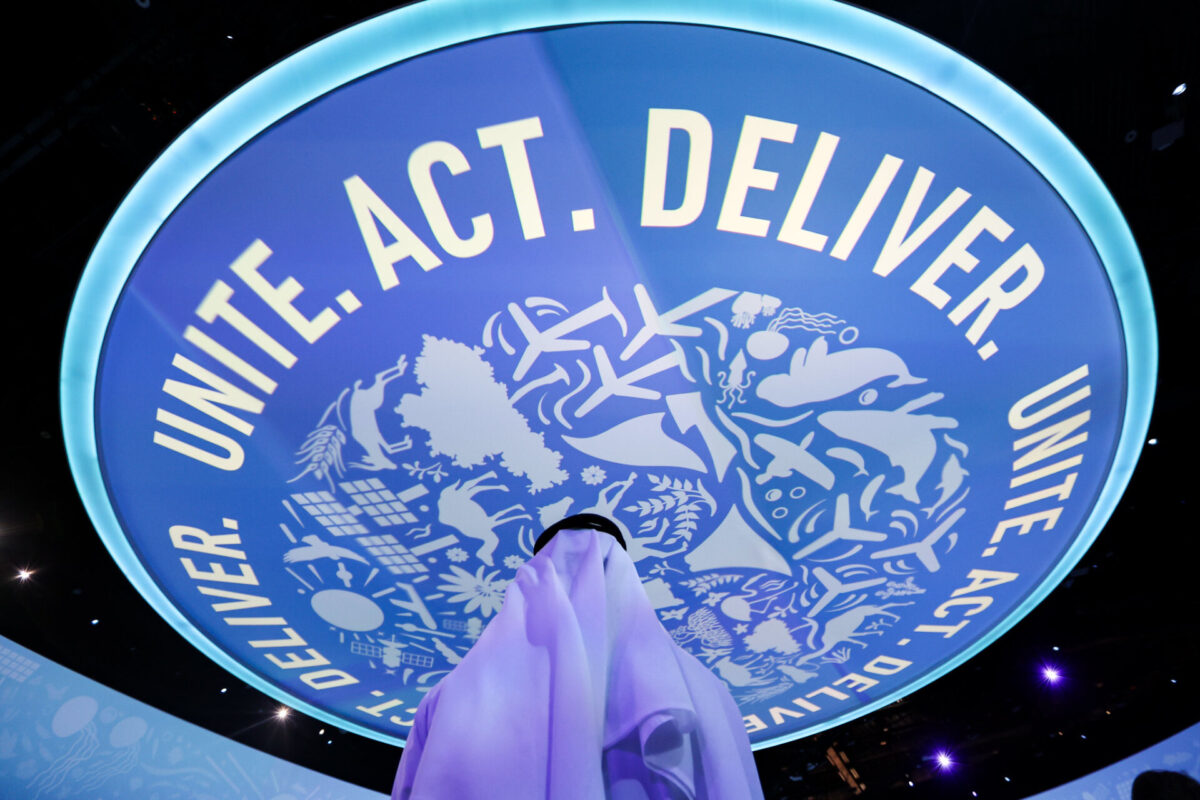The United Arab Emirates Presidency kicked off COP28 with a flourish by unveiling Alterra, a new $30 billion fund for climate investments. Several private sector financial firms will be directly involved and the fund will leverage finance from many more. In parallel, the UAE also created a vast amount of goodwill at the start of negotiations by operationalising the Loss and Damage Finance Facility. National leaders immediately followed suit by pledging substantial contributions to pay for loss and damage, with pledges so far standing at around $650 million.
A broad and multifaceted approach to climate-related finance can also be seen in the Presidency’s Climate Finance Framework, supported by the US, UK, France, Germany, Kenya, India, Senegal, Colombia, UAE, Ghana and Barbados. This signatory list represents a formidable alliance of major economies from around the world. It is particularly important that in the context of the public climate finance discussed in negotiations it includes both donor and recipient countries.
The Framework’s vision of climate finance is broad. The economic needs and concerns of developing countries come through strongly, and the signatories recognise that actions to address debt burdens are a key component of overall reforms needed to ensure that developing countries have the fiscal space to invest in domestic mitigation and adaptation.
The Framework picks up the increasing calls for substantial reform and recapitalisation of multilateral development banks, which have been made in international meetings such as the G7, G20 and IMF all year but would not normally be a topic for discussions under the UNFCCC. By bringing broader system reform propositions into COP there is an opportunity to build a truly global coalition of support and to shape the way that future global finance goals are defined.
Domestic finance reforms are also addressed in the document. The signatories note that national transition pathways for climate action (which some might describe as national transition plans) supported by strong domestic policy are important, and that their implementation will, for many countries, require the support of public banks and bilateral donors to help create enabling conditions and investment pipelines.
The role of the private sector to mobilise finance at scale is emphasised, although with little specificity. Private sector finance is again not a topic that is normally addressed through the UNFCCC, yet successful private finance mobilisation will be critical for success in achieving the goals of the Paris Agreement. The Framework could have been stronger here by taking the opportunity to reference the private sector accountability agenda, and the ability of Parties to deploy their market regulators to provide both incentives and guardrails for private climate finance.
The Climate Finance Framework represents a broad vision for financial system reform and has been put forward by a globally representative set of major economies. It creates an opportunity to build a larger coalition of support in Dubai. However, the report of the Independent High Level Expert Group on Climate Finance launched in Dubai this week (summary online here) set out the scale of the challenge. According to the IHLEG, by 2030 the world will need a five-fold increase in concessional finance a tripling of MDB financing, and fifteen times as much private sector climate finance to emerging markets and developing economies.
We have no time to waste in this effort. The financial challenge is stark and urgent. Money is not yet flowing at the pace and scale needed, or to the right destinations. Meeting the third Paris Agreement goal to make all financial flows consistent with a low-carbon resilient economy is not optional but necessary for UNFCCC Parties, if the international community is to meet its climate mitigation and adaptation goals and achieve a fair and just global economic transition.



